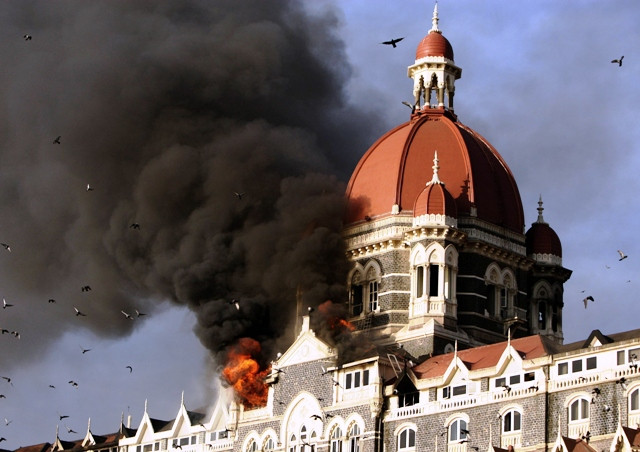Investigating Mumbai
Certainly we need to get to the bottom of the affair and discover what really happened at Mumbai.

It is unclear what outcome this joint investigation will have. In a comment on the anniversary of the blasts, the Indian Foreign Minister S M Krishna has already made a comment about findings being clear and the need for Pakistan to cooperate more fully in capturing the terrorists. This is all very well, but matters are a little more complex than that. Certainly we need to get to the bottom of the affair and discover what really happened at Mumbai. Both the Indian and Pakistani versions of what happened are not quite fully believable. It is clear that there was some Indian involvement; that needs to be examined so the full story can emerge — just as we still need to know more about Ajmal Kasab and those who accompanied him on that fearful mission of death.
What is required though, is full cooperation in the matter between the two countries. This is the only way of tackling not only what happened in Mumbai, but also the wider acts of terrorism that have shaken our region too often and left terrible scars which continue to bleed. Both New Delhi, and Islamabad, need to work together to tackle these deep cuts inflicted to both countries; we must welcome the start of this process. We can say with some assurance that the events in Mumbai were linked to resentments that exist in both countries. There are interconnections between groups that operate on our soil and across the border. It is important these networks and their nature be better understood and the key issues that motivate them be addressed.
Published in The Express Tribune, November 30th, 2011.














COMMENTS
Comments are moderated and generally will be posted if they are on-topic and not abusive.
For more information, please see our Comments FAQ